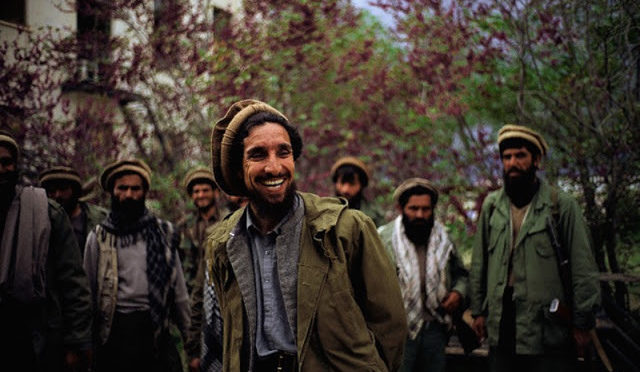Source: Associated Press
KABUL, Afghanistan (AP) — An estimated 200 foreigners, including Americans, left Afghanistan on a commercial flight out of Kabul on Thursday with the cooperation of the Taliban — the first such large-scale departure since U.S. forces completed their frantic withdrawal over a week ago.
The Qatar Airways flight to Doha marked a breakthrough in the bumpy coordination between the U.S. and Afghanistan’s new rulers. A dayslong standoff over charter planes at another airport has left hundreds of mostly Afghan people stranded, waiting for Taliban permission to leave.

